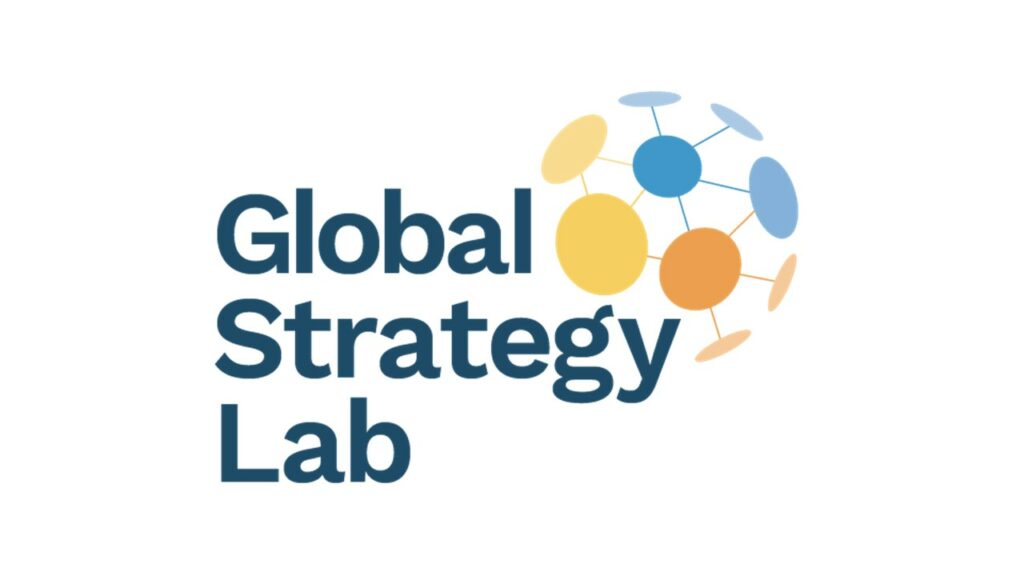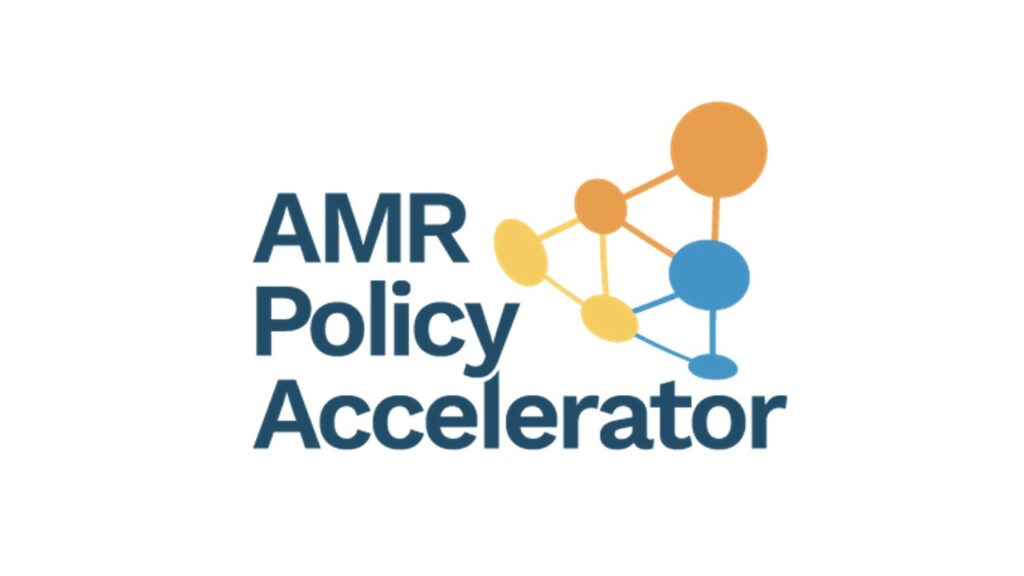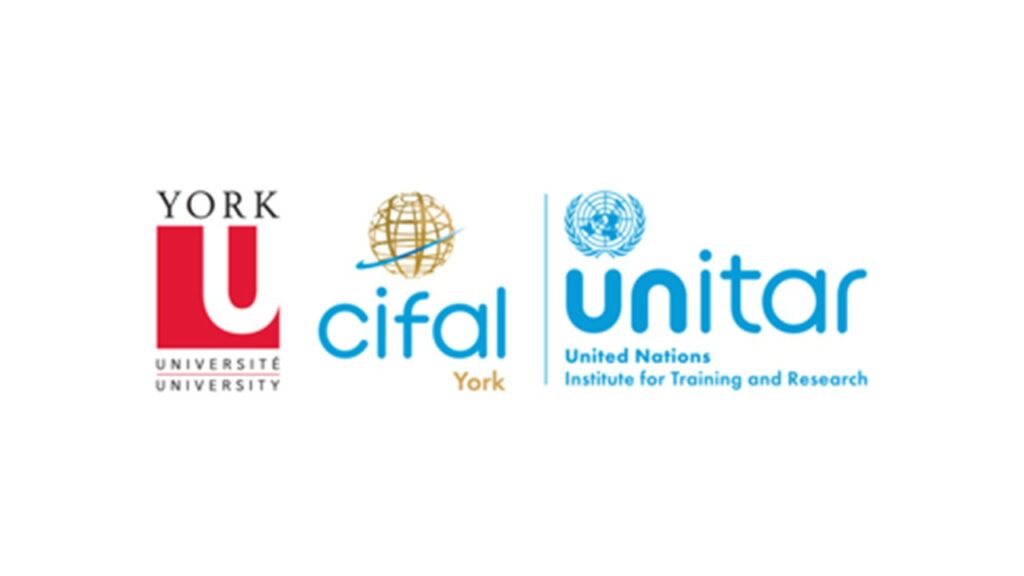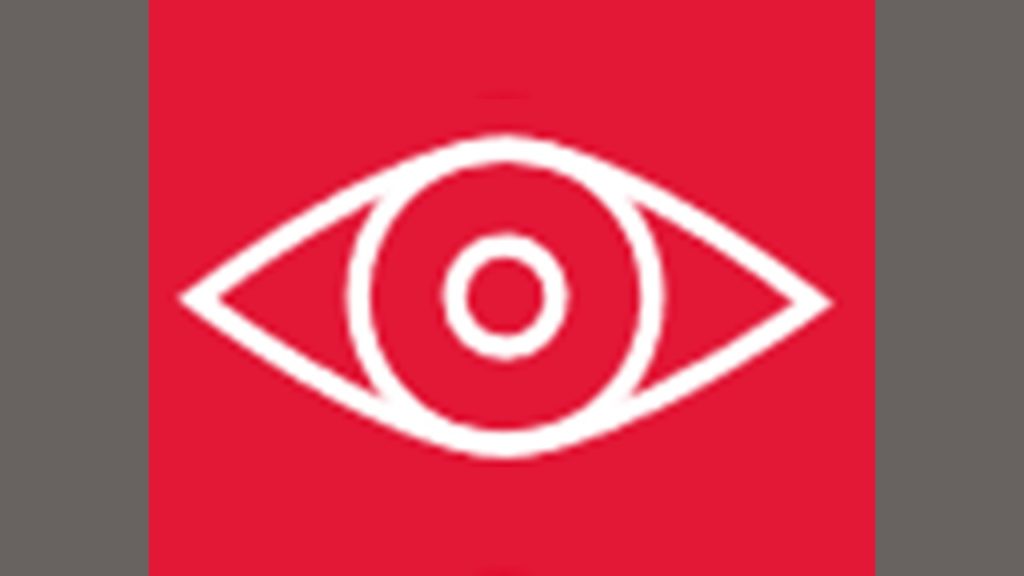Background
AMR (Antimicrobial Resistance) kills and debilitates millions of people annually, especially in low- and middle-income countries (LMICs). It also turns back years of progress on the UN Sustainable Development Goals, particularly in global health, food safety and security, economic growth, poverty alleviation, and the environment. Economically, the World Bank estimates AMR will cost economies $100 trillion USD from 2017 - 2050. More must be done urgently and collectively to mitigate AMR, while we still can. Ensuring that life-saving antimicrobials remain available as effective treatment options will require a massive, coordinated global effort.
The AMR Policy Accelerator at York University’s Global Strategy Lab is a policy think-tank that bridges AMR science and policy and provides policymakers at the national and international levels, with rigorous policy research needed to inform AMR policymaking and National AMR Action Plans.
This course is designed to help technical professionals (Eg. Medicine, Pharmacy, Veterinary, Epidemiology) make the leap from research and practice to policy, and to equip them with the tools to make effective policy decisions in the AMR policy space, from a One Health perspective. Taught by leading AMR and health policy experts, this course will provide participants with:
- A deeper understanding of policy levers and how to use them as AMR leaders in government to make effective decisions.
- An appreciation of the role of policymaking and governance structures at the national and international levels as they pertain to progress on AMR goals.
- A stronger foundation in monitoring, evaluating, and learning principles to strengthen AMR policy programs and assess their effectiveness.
- A robust toolkit and insight into how different types of evidence are developed and used in the policy process, and their relationship(s) to one another



Course Schedule: One week during late May or early June 2024
Course Instructors

Dr. Susan Rogers Van Katwyk
Susan Rogers Van Katwyk is an Adjunct Professor with the School of Global Health at York University, the Managing Director of the AMR Policy Accelerator and the WHO Collaborating Centre and Research Director of the Global Antimicrobial Resistance program with the Global Strategy Lab. She is an epidemiologist with significant experience engaging policymakers and mobilizing interdisciplinary teams to improve policy implementation, evaluation and decision making at national and international levels. Her research, focused on generating evidence-informed policy recommendations for global health and infectious disease threats, has been published in leading journals, including BMJ, PLOS Medicine, the Proceedings of the National Academies of Science and The Lancet.

Dr. Steven J. Hoffman
Steven J. Hoffman is the Dahdaleh Distinguished Chair in Global Governance & Legal Epidemiology and a Professor of Global Health, Law, and Political Science at York University, the Director of the Global Strategy Lab, the Director of the WHO Collaborating Centre on Global Governance of Antimicrobial Resistance, and the Vice-President of Data & Surveillance with the Public Health Agency of Canada. He holds a courtesy appointment as a Professor of Health Research Methods, Evidence & Impact (Part-Time) at McMaster University. He is an international lawyer licensed in both Ontario and New York who specializes in global health law, global governance and institutional design. His research leverages various methodological approaches to craft global strategies that better address transnational health threats and social inequalities. Past studies have focused on access to medicines, antimicrobial resistance, health misinformation, pandemics and tobacco control.

Dr. Mathieu Poirier
Mathieu Poirier is the Co-Director of the Global Strategy Lab, York Research Chair (Tier II) in Global Health Equity, and Assistant Professor of Social Epidemiology at the School of Global Health. His research ranges from evaluating international law to developing health equity metrics and generating policy-relevant research on socially and politically determined inequities in health. As Research Director for Global Legal Epidemiology with GSL, Dr. Poirier has led evaluations of global tobacco use and the Framework Convention on Tobacco Control (FCTC) published in the BMJ and Tobacco Control, while his global health equity research has been published in Social Science & Medicine, the Bulletin of the World Health Organization, Social Indicators Research, and Population Health Metrics, among others.

Dr. Patrick Fafard
Patrick Fafard is a Full Professor of Public and International Affairs and Epidemiology and Public Health at the University of Ottawa, an Adjunct Professor with the Faculty of Health at York University and Research Director of the Public Health Institutions Research Program at the Global Strategy Lab. Patrick Fafard has enjoyed a lengthy career that spans both government and academe. While with the Government of Canada he served as a Director-General in the Intergovernmental Affairs Secretariat of the Privy Council Office, and at the provincial level he served in multiple capacities with three provincial governments. Patrick’s academic interests are wide-ranging, and he is the author, co-author and editor of numerous publications on public health, trade, and environmental policies, and intergovernmental relations. Patrick’s most recent work has appeared in Health Policy, Evidence and Policy, Public Health, and the Canadian Journal of Public Health.

Dr. Adrian Viens
A.M. Viens is the Inaugural Director of the School of Global Health and York Research Chair in Population Health Ethics and Law at York University. His research specialization focuses on population health (i.e., public health and global health) ethics and law, with a particular interest in demonstrating how philosophical analysis, legal epidemiology, and regulatory theory should shape how we approach different issues within global health policy, practice, and research (especially infectious diseases, disasters and emergencies, and health promotion). His latest book is Public Health Law: Ethics, Governance, and Regulation, co-authored with John Coggon and Keith Syrett (Routledge, 2017). He is a member of the WHO Collaboration Centre on the Global Governance of Antimicrobial Resistance, an Honorary Member of the UK Faculty of Public Health, a Fellow of the Royal Society of Public Health and Royal Society of Medicine, and Editor-in-Chief of Health Care Analysis.
Course Outline

Description
One critical area of work for the AMR Policy Accelerator is to invest in policymaker learning and provide them with professional development and expertise to effectively address issues in AMR policy.
Based on feedback from expert advisory board and key stakeholder, the AMR Policy Accelerator is targeting an identified gap in the AMR policy space: executive-style education for AMR policymakers who (i) come from technical backgrounds (e.g., veterinary medicine, pharmacy, etc.), (ii) do not necessarily have a strong foundation in public policy development and evaluation, and (iii) are moving into policy leadership positions with national governments and international organizations. To best support learning for this audience, we are developing a one-week accelerated course to be run in person at York University through CIFAL-York and the UN Institute for Training and Research. Our goal is to immerse AMR policymakers in a highly engaging, evidence-based learning environment that features a range of interactive activities like discussions and presentations through case-based learning.

Learning Objectives
This course is designed to help technical professionals (Eg. Medicine, Pharmacy, Veterinary, Epidemiology) quickly make the leap from research and health care practice to policy, and to equip them with the tools to make effective policy decisions in the AMR policy space, from a One Health perspective.
This course will provide participants with:
- A deeper understanding of policy levers and how to use them as AMR leaders in government to make effective decisions.
- An appreciation of the role of policymaking and governance structures at the national and international levels as they pertain to progress on AMR goals.
- A stronger foundation in monitoring, evaluating, and learning principles to strengthen AMR policy programs and assess their effectiveness.

Participants
This course is ideal for technical professionals who have taken on, or are being considered for, leadership policy positions at the “Director-level” or similar.
These individuals could be within any of the One Health sectors – human health, animal health, agriculture or environment-- and working on AMR policy. For instance, an experienced veterinarian and researcher who will now take on a director-level role with a national Ministry of Agriculture or a high-level position with an international organization within the United Nations network. To champion diversity and ensure attendance is not cost-prohibitive, we will provide a number of subsidized positions for participants from low- and middle-income countries.
.
Sponsorship & Application
The organizers of the short course will support some participants from low- and middle-income countries to attend the course in Toronto in mid-2024. Participants from all other countries are encouraged to apply and cover their costs through their home institutions. To be considered for sponsorship, you need to be based in an LMIC, and not have access to external funding that covers training and travel costs, for example funding through the Flemming Fund or similar fund.
Eligibility Criteria
- Must be resident of an LMIC, and not have access to external funding.
- Work on AMR-related topics within Government/Civil Society/Academia/Other (official letter of support from organization's supervisor)
- Specialize in One Health area (Human Health/Animal Health & Agriculture/Environment)
- Available to attend the course during the following weeks (the actual week will be decided)
- May 20th-24th 2024
- June 3rd-7th, 2024
- June 10th-14th 2024
Please note that space is limited for this course. Anyone eligible for the course who is not able to accept at this time will be placed on a wait list for future course offerings.
For any questions related to the sponsorship, please contact Kay-Ann Aarons on policy@globalstrategylab.org
Application deadline: October 31, 2023
Note: The deadline for 2024 offering of this course has ended. We will soon update this page for registration of 2025 offering.
Admission and Sponsorship Results: All selected applicants for the first run of the course will be notified by November 30, 2023.
Organizers

Global Strategy Lab (GSL)
The Global Strategy Lab (GSL) undertakes innovative research to advise governments and public health organizations on how to design laws, policies and institutions that make the world a healthier place for everyone. GSL is based at York University and the University of Ottawa. Its research division focuses on antimicrobial resistance, global legal epidemiology and public health institutions. GSL’s policy division provides evidence-informed advisory services to governments and civil society organizations.
For more information, visit www.globalstrategylab.org.

AMR Policy Accelerator
The AMR Policy Accelerator advises governments and public health institutions on effective and equitable policies to ensure sustainable antimicrobial use for everyone. We undertake rigorous research, develop practical resources and tailor custom advisory services to comprehensively support evidence-informed policymaking on antimicrobial resistance at the national and global level. The AMR Policy Accelerator is a Wellcome-funded initiative hosted at the Global Strategy Lab. For more information, visit amrpolicy.org.

CIFAL York
CIFAL York is a UN-affiliated international training center, serving as a hub for knowledge exchange and capacity building among government officials, private sector, academia, and civil society. CIFAL York was established in 2020 by York University as part of the global collaborative network of CIFAL training centers, in partnership with the United Nations Institute for Training and Research (UNITAR) and York Region. CIFAL York provides a range of training and research opportunities in key focus areas in alignment with the UN Sustainable Development Goals.
.
